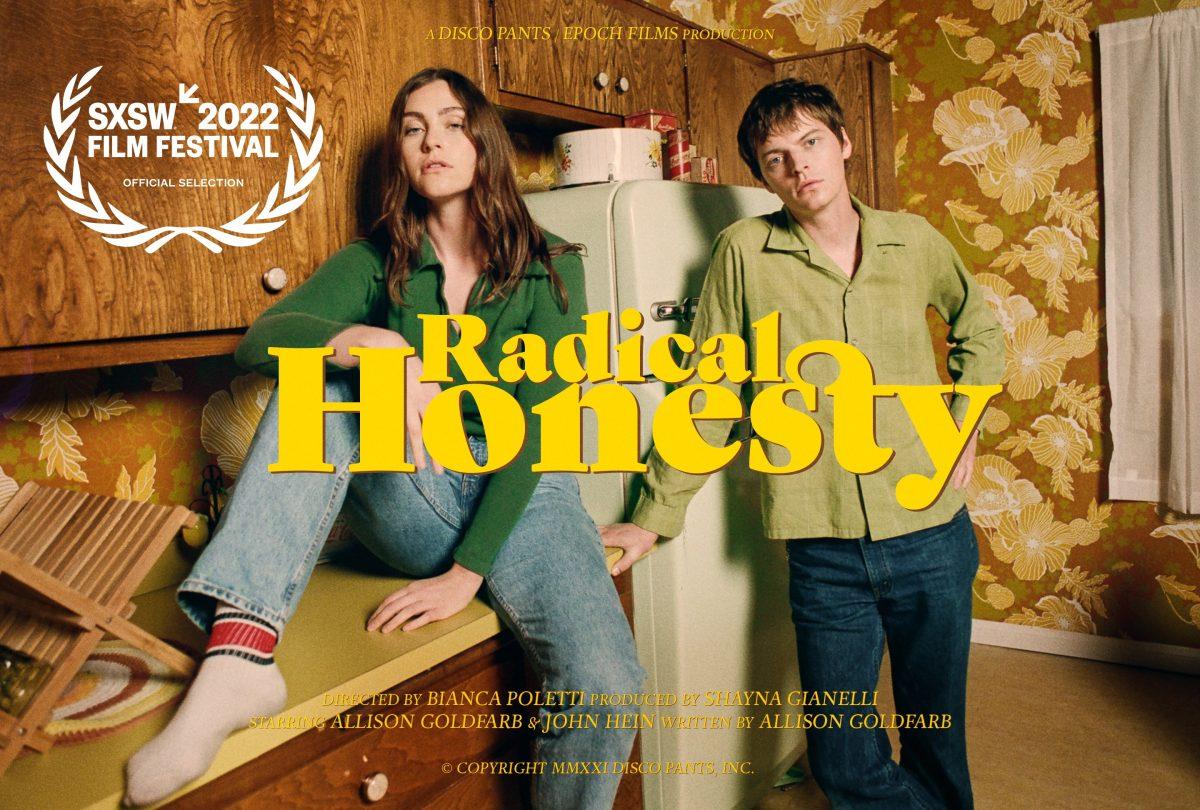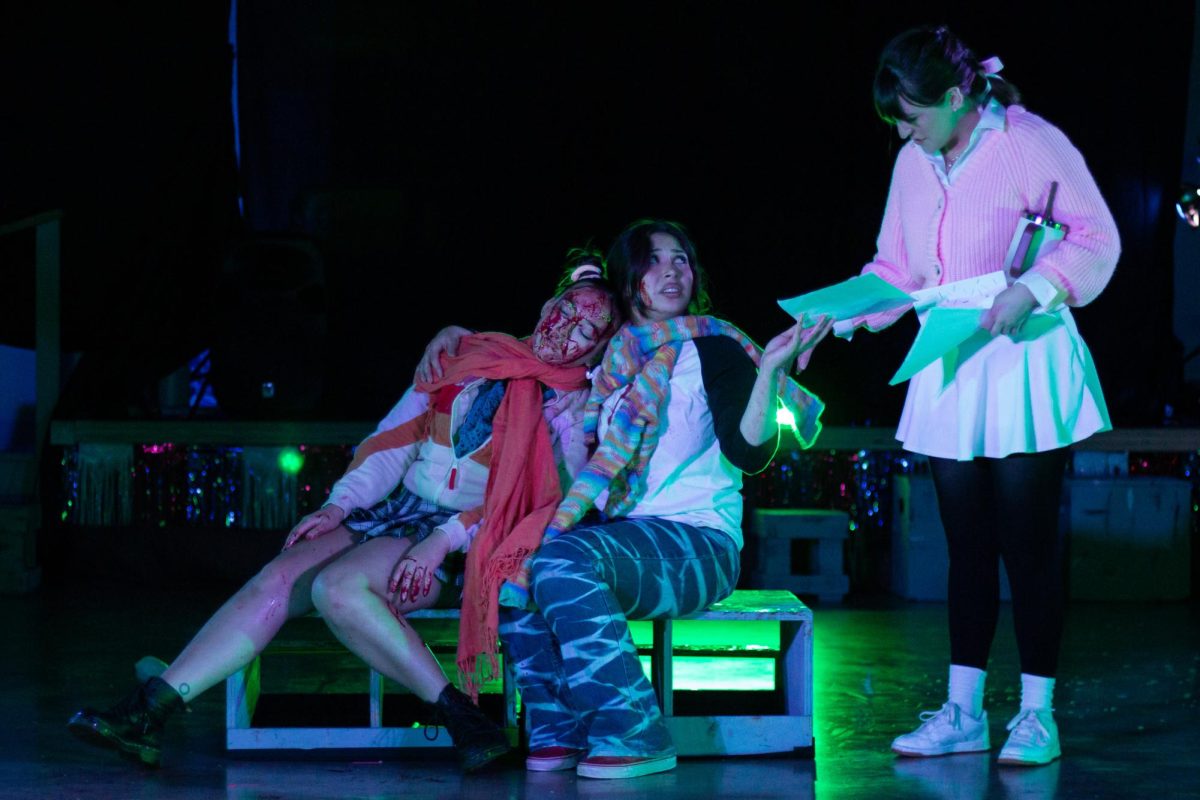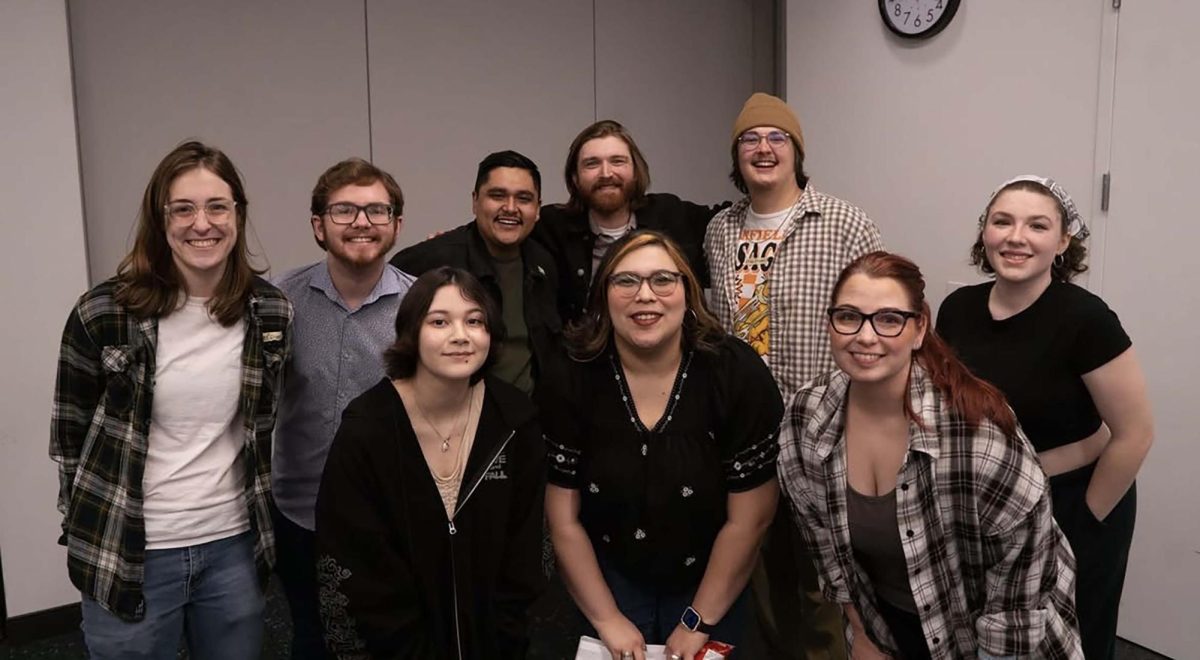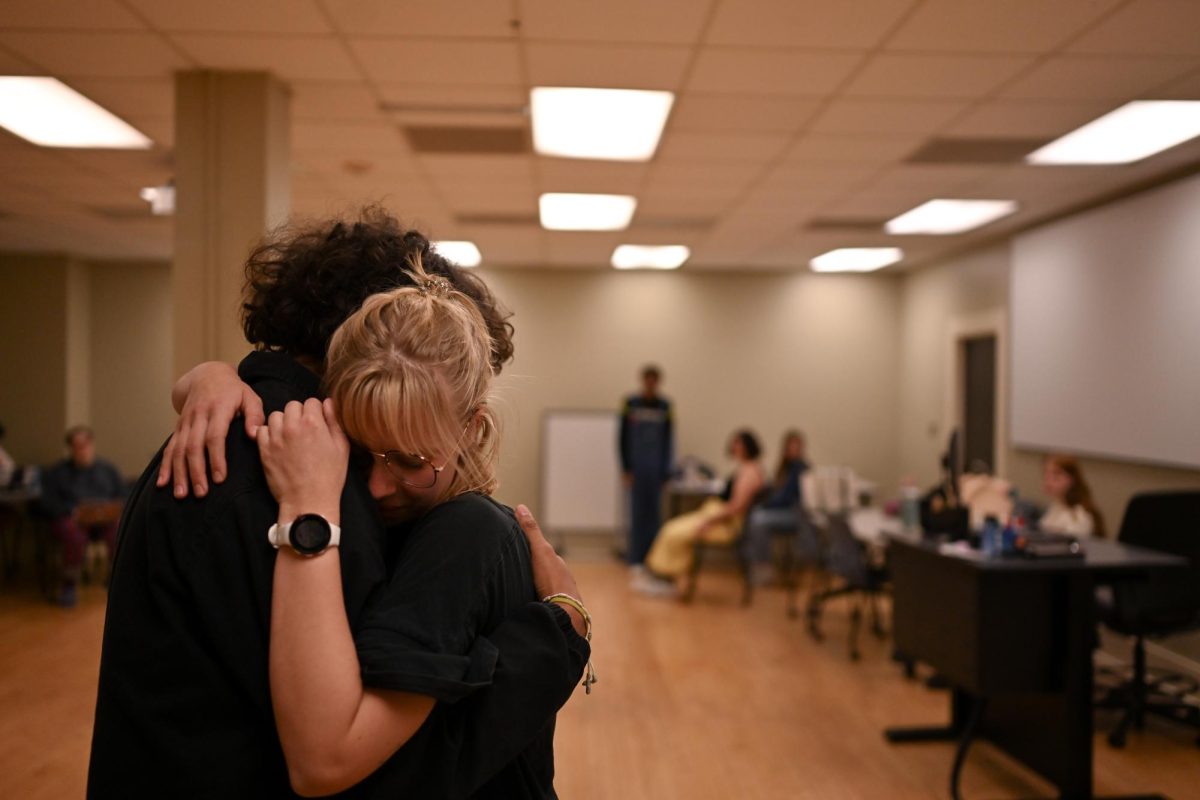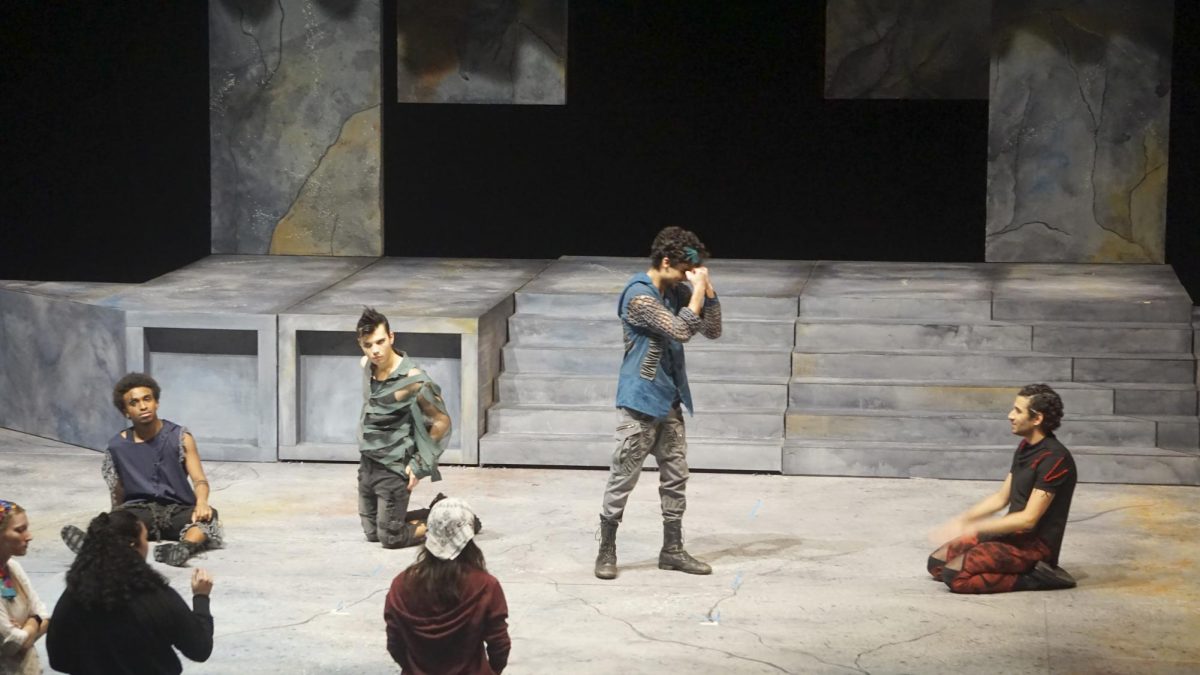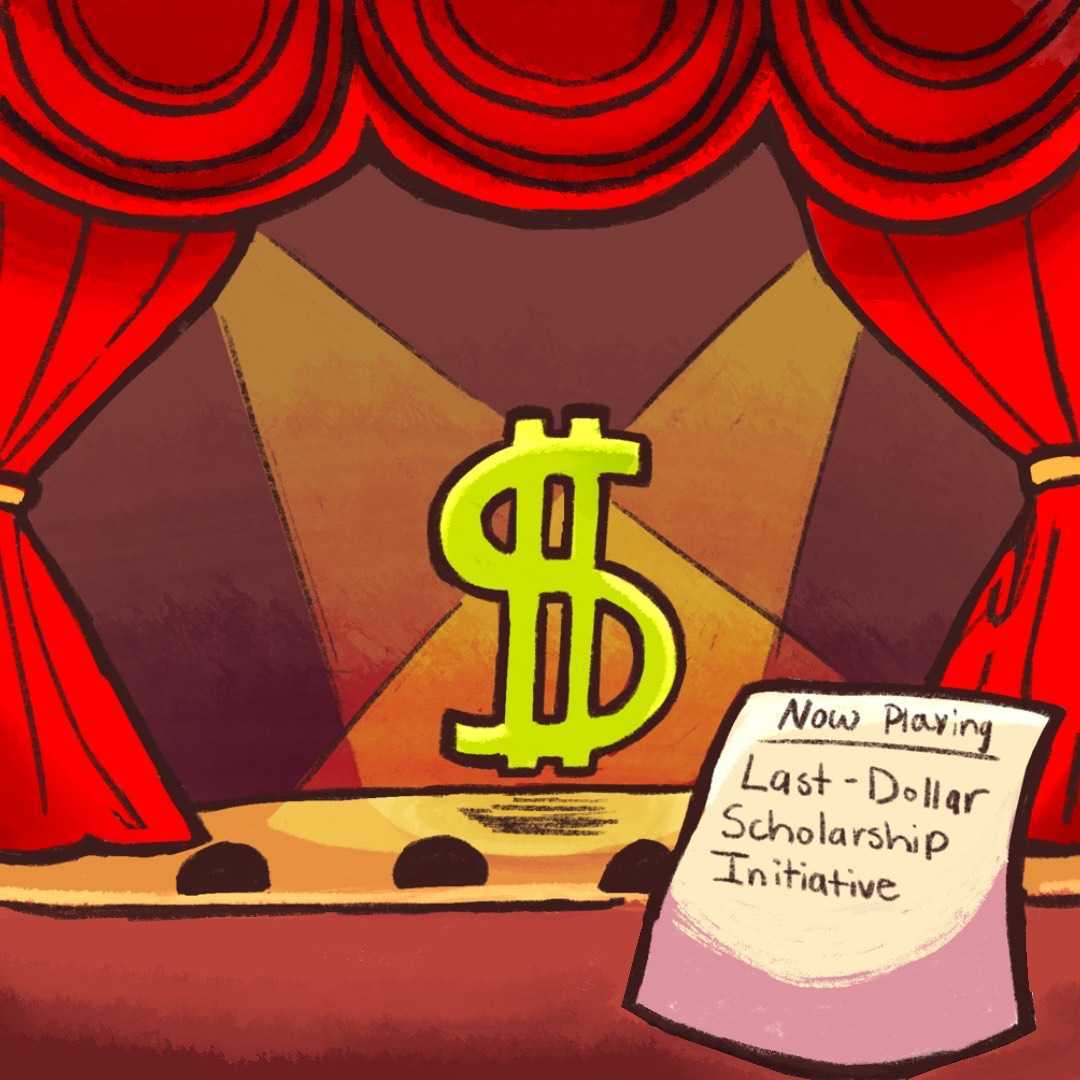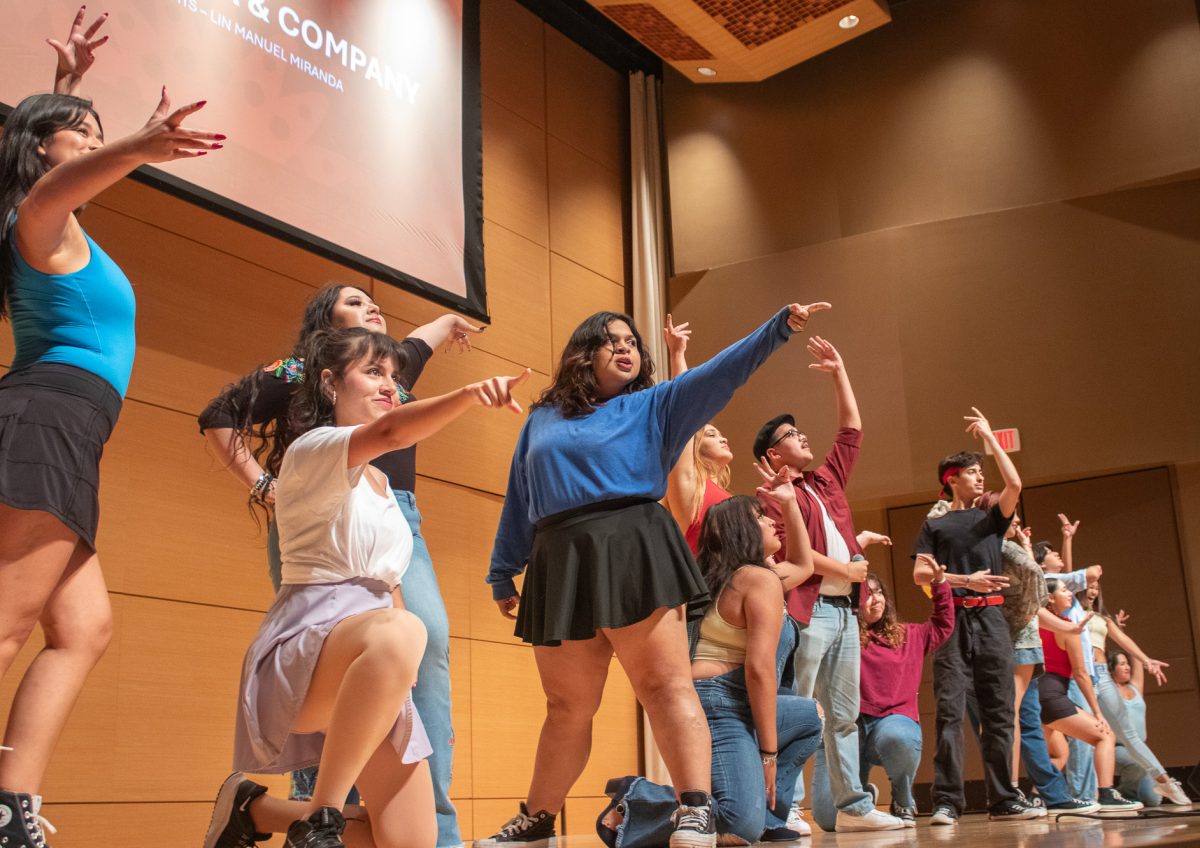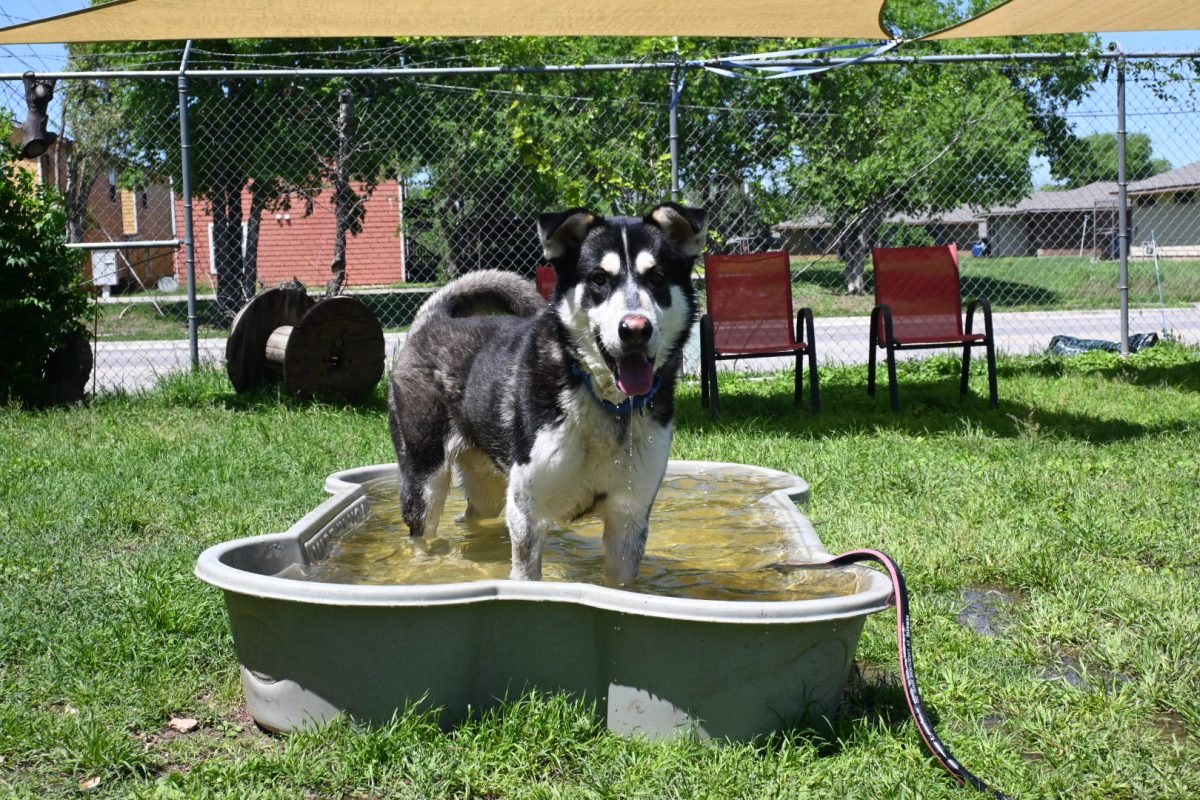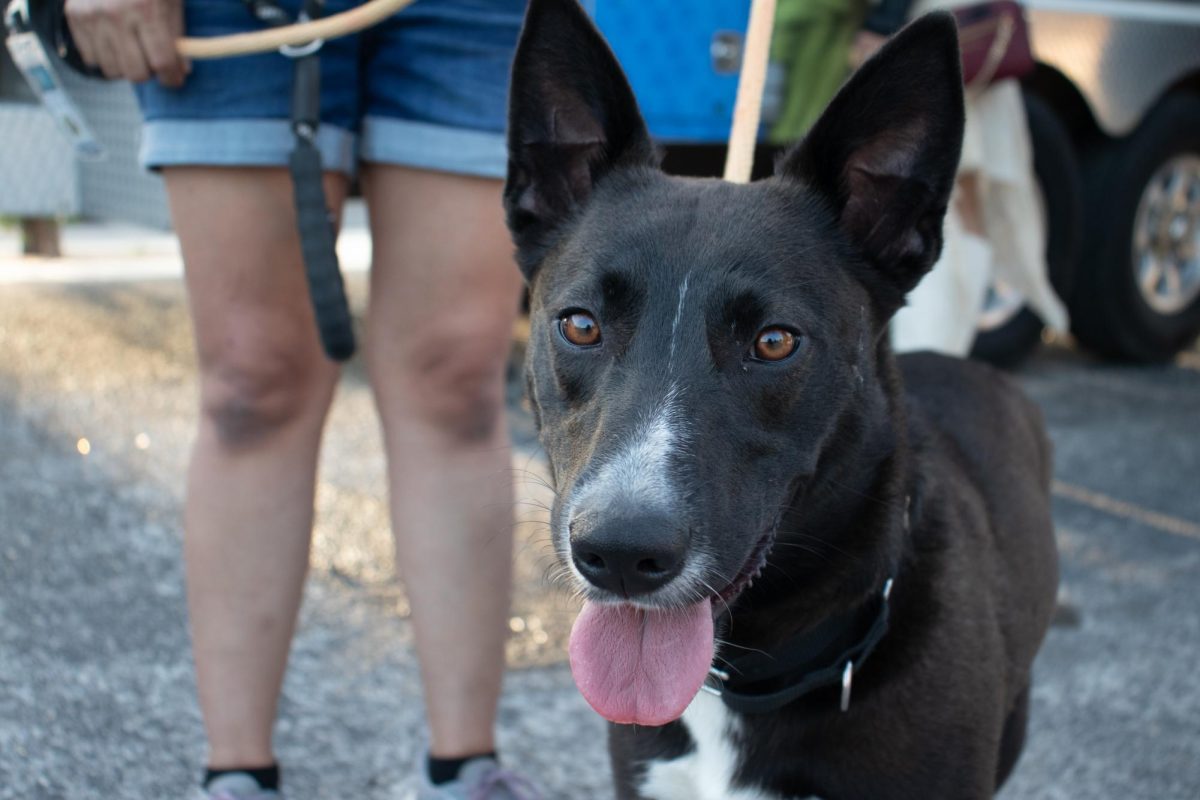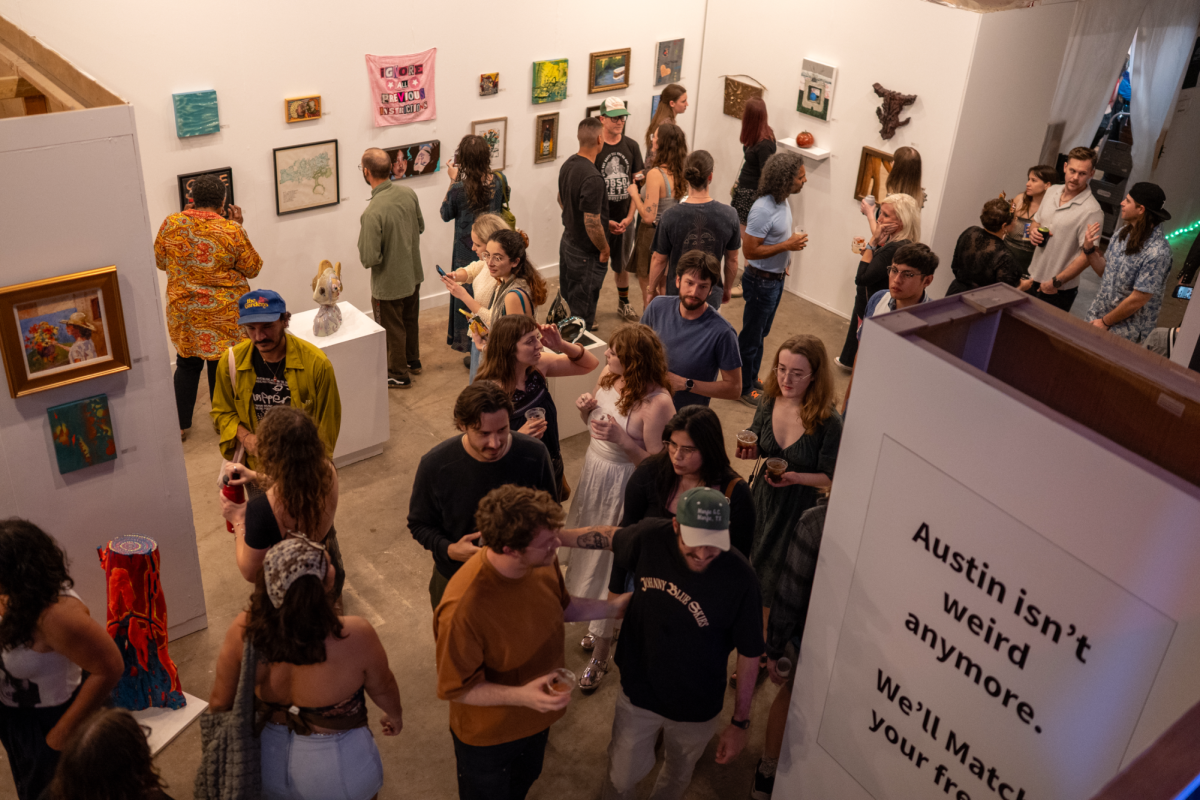Born in San Diego, Bianca Poletti is an Argentine narrative director who utilizes her passion for dance and movement to explore the various facets of the human psyche. Her films exist in dreamlike worlds of ethereal lighting, color and youthful Generation Z imagery. Multimedia reporter Steven Phipps recently sat down with Poletti to learn about her upcoming film “Radical Honesty,” to hear about her experience collaborating with the film’s screenwriter Allison Goldfarb and discuss her perspectives within the film industry.
Phipps: What inspired you and Allison to pursue “Radical Honesty” as a message for the short film series?
Poletti: Originally, I think Allison just wanted to explore relationships and so she wrote that script and came to me with it. I wasn’t actually a part of her building that story from the beginning but as far as the series goes, you know, it’s really about us being interested in Gen-Z and millennial culture relationships, focusing in on Los Angeles, specifically. Then mixing in technology and what that means for connecting with each other and with humans and how that can be really funny or sad or weird or get crazy. Especially when it’s two strangers who met through an app and the differences of that versus back in the day when you would meet someone at a store or randomly in real life and kind of playing with those things. We’re both super interested in those topics and that’s what we want to elaborate with in the series.
Phipps: While on the topic of Gen-Z and millennials, what do you hope they take from “Radical Honesty?”
Poletti: For me, the short film “Radical Honesty” is more about entertainment, you know, it should make you laugh and smile and it should feel relatable more than anything. So, I suppose just the comfort that they’re not the only ones going on apps and dating people and having all these weird stories and just things of that nature. Then again just being entertained, you know, it’s a fun one. It’s not a deep, serious film.
Phipps: What do you think originally got you interested in exploring themes that deconstruct traditional relationship structures?
Poletti: My whole life I’ve been endlessly fascinated by relationships and specifically the younger generation’s fluidity. Their mindset for challenging the old norms and what that looks like in today’s world. So that was just something that Allison and I are both really interested in, and that’s why we wanted to dig into it together.
Phipps: I know that you and Allison have collaborated in the past. What is it like working with her?
Poletti: It was a dream come true. She is so easy to work with, which is amazing because sometimes when working with someone whose both an actor and a writer, it’s not like that and the outcome can be a little challenging. But with her, she was just so easygoing, super trusting and allowed for me to do my own thing which was great. Her dialogue is really witty and smart and we have a very similar sense of what we like and humor as far as that dry, awkward humor goes. It honestly was the best and a lot of fun.
Phipps: You’ve said before that humor is what keeps one going throughout life. Is there a certain time or experience in directing where you would’ve quit or given up prematurely if it wasn’t for humor?
Poletti: I think the biggest moment probably was the short that I did before this. That was kind of one of those things where everything that could go wrong, went wrong. We were overtime for every location that we were at. We were over by four hours on the shooting schedule. Then it got dark before we could finish the last shot that we wanted. And it wasn’t the actors, they were great, but something wasn’t really flowing with them. So within the midst of that, I remember having a moment where I just stepped away and just took a breath and was like, “it’s fun, this can be fun,” you know, “this is just play.” I think for life and specifically for film, when things start to get a little too serious, you have to remember that we’re just here playing and exploring and it doesn’t have to be this dark serious thing.
Phipps: Were there any challenges you faced in making “Radical Honesty” like there were in your last shoot?
Poletti: No, this was by far the easiest shoot I’ve ever done, which was amazing. Everything just flowed. Everyone was lovely. Everyone got along. Allison and John’s chemistry was amazing right off the bat. The only thing I can say is the diner. I had this one diner on hold at first and we were going to use it but in the end, I chickened out because I had seen it in a lot of films, a lot of music videos, and it just didn’t feel right. I was kind of just going with it because we were beginning to run out of time, and I needed a diner. I ended up canceling that and we were going to shoot in two weeks. So I went driving around North Hollywood until I found a grounded kind of hole-in-the-wall diner that no one that I know of has shot there and we ended up using it. That was the biggest thing. Just a little freak out because obviously we needed the main location but everything else was super easy.
Phipps: What would you say the biggest joy of directing a film and having a hand in bringing it to life is?
Poletti: It’s an amazing feeling. More than anything it’s when you show up on set and everything is coming together, you know, and you can see it coming to life. Because all the prep work is really fun but it’s also really stressful and you’re worried that you might not have everything that you need or that you’re forgetting something important. When I show up and everyone’s doing their job and we’re all collaborating, that’s the best moment.
Phipps: As for your directing style is it more methodically planned out beforehand or do you leave it open for creativity in the moment?
Poletti: Definitely a mix of both. I prepare a lot ahead of time and have everything ready like storyboards and those things. But on the day of filming, I also like to just be in the moment and let the situations develop on their own. Actually, the moment in the very beginning of “Radical Honesty” with the waitress where she sips the drink and brings it to someone’s table, that’s just something we came up with in the heat of the moment. I saw the glass and just decided to start playing with that. Then again when John puts the Chapstick on while he’s telling Allison the rules of his relationship and sort of how things are going to go between them. I was watching the monitor and thought it fit his character well and kind of fed into this transactional moment between the two of them. I love being fluid and open and just going with what we’re inspired by in the moment, you know, if there’s anything extra to add to it, totally open to that. Always.
Phipps: Do you ever break against the traditional directing style and take input from your cast on hand or is it more so utilizing your creativity?
Poletti: I always listen to the actors I work with and if they have ideas to try new things, I always do it. It’s worth trying and seeing if it works in the edit or not. I respect the actors a lot and like working with them and the collaborative aspect, same with the DP (director of photography). If there’s something that we didn’t talk about beforehand or if there’s this frame that he thinks would be so amazing in the moment, you know, go for it. So, I guess a little non-traditional in that -traditional in that way, for sure. I like being super collaborative.
Phipps: How would you say that your background in fine arts photography impacts your directorial work?
Poletti: Coming from that background of photography, I always built my own sets or found interesting locations or architecture that I loved, and then I’d incorporate that. I totally bring that with me into filmmaking and when I’m scouting for places or dressing places or even doing wardrobe, I typically have a heavy hand in that as well. Oh yeah and framing. I also help with that. This past year I’ve been working with a DP Cory Seawater and he is amazing but he also started out as a photographer. So as far as framing shots and lightning it the right way, we’re really similar in making it feel like a painting and I feel like that comes from being a photographer.
Phipps: My last question is, do you have any upcoming projects that you can tell us about?
oletti: Right now, the series that Allison and I are working on is our main focus, and then some commercials that I’m directing. But once again the main focus is building “Radical Honesty” into a series and getting that made for sure.
The world premiere of “Radical Honesty” will take place at 2:15 p.m. on March 12 at Alamo Lamar B as part of the 2022 SXSW Film Festival in Austin. The film will also be featured in the Narrative Shots Competition. More information on Poletti’s film and its other screenings is on the SXSW website.
Categories:
“Radical Honesty”: An interview with Bianca Poletti
Steven Phipps, Multimedia Reporter
March 11, 2022
0
Donate to The University Star
Your donation will support the student journalists of Texas State University. Your contribution will allow us to purchase equipment and cover our annual website hosting costs.
More to Discover



